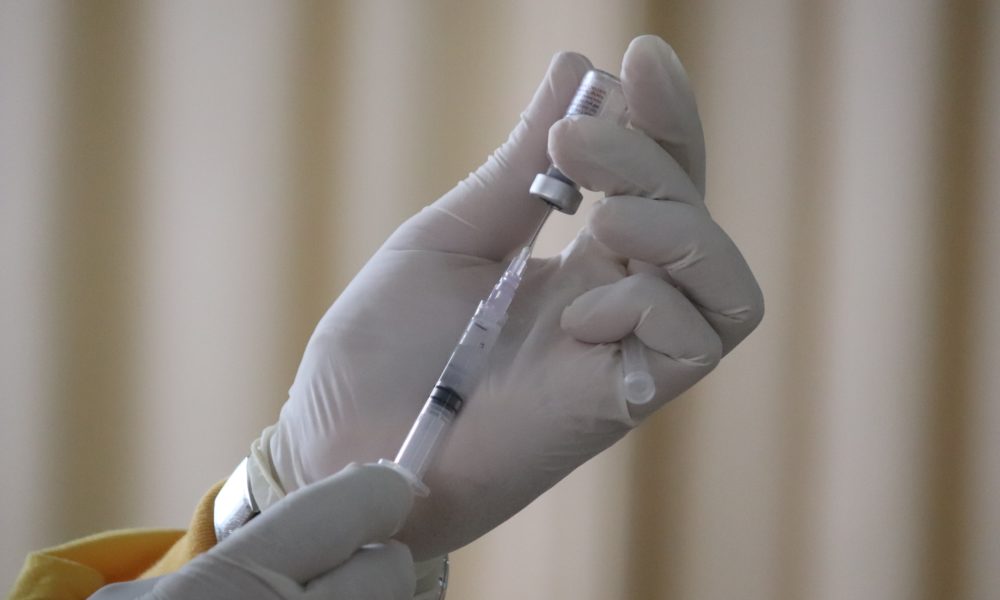After receiving its first shipment of the Pfizer-BioNTech vaccine on Tuesday, Long Beach State has begun administering doses to essential personnel on the second level of the Walter Pyramid parking structure.
According to Jeff Cook, associate vice president for strategic communications, CSULB’s medical team has been working for months to prepare for the first shipment to arrive and arrange for proper storage of the doses.
“The Pfizer vaccine does require an ultra-cold freezer until it is used at the vaccination site,” Cook said. “At this time, we are using freezer units already owned by the university, and all appropriate staff have the requisite knowledge for managing and administering the vaccine.”
Although campus officials initially stated that CSULB would receive shipments of the Moderna vaccine, the Pfizer arrived in the university’s first shipment. Kimberly Fodran, CSULB’s medical director, said in a campus email that it is likely that subsequent deliveries will include the Pfizer as well.
“It is the Pfizer vaccine that ultimately became available to the campus at this time,” Cook said. “I cannot speak on the broader vaccine supply chain.”
Vaccines will be administered based on prioritization and the amount of vaccines readily available to the university. All students and faculty will receive an email once they become eligible for the vaccine and must use their campus email address when making an appointment.
As of Feb. 2, there have been no complications with anyone trying to set up an appointment, Cook said.
“The vaccination program began [Tuesday],” Cook said. “Until we have more information on a routinized delivery schedule of vaccines, it is difficult to make predictions about the timeline. We will work to keep [our] site updated.”





Pingback: CSU Chancellor says he won’t reallocate funds from campus police, likely to not enforce vaccination - Daily Forty-Niner